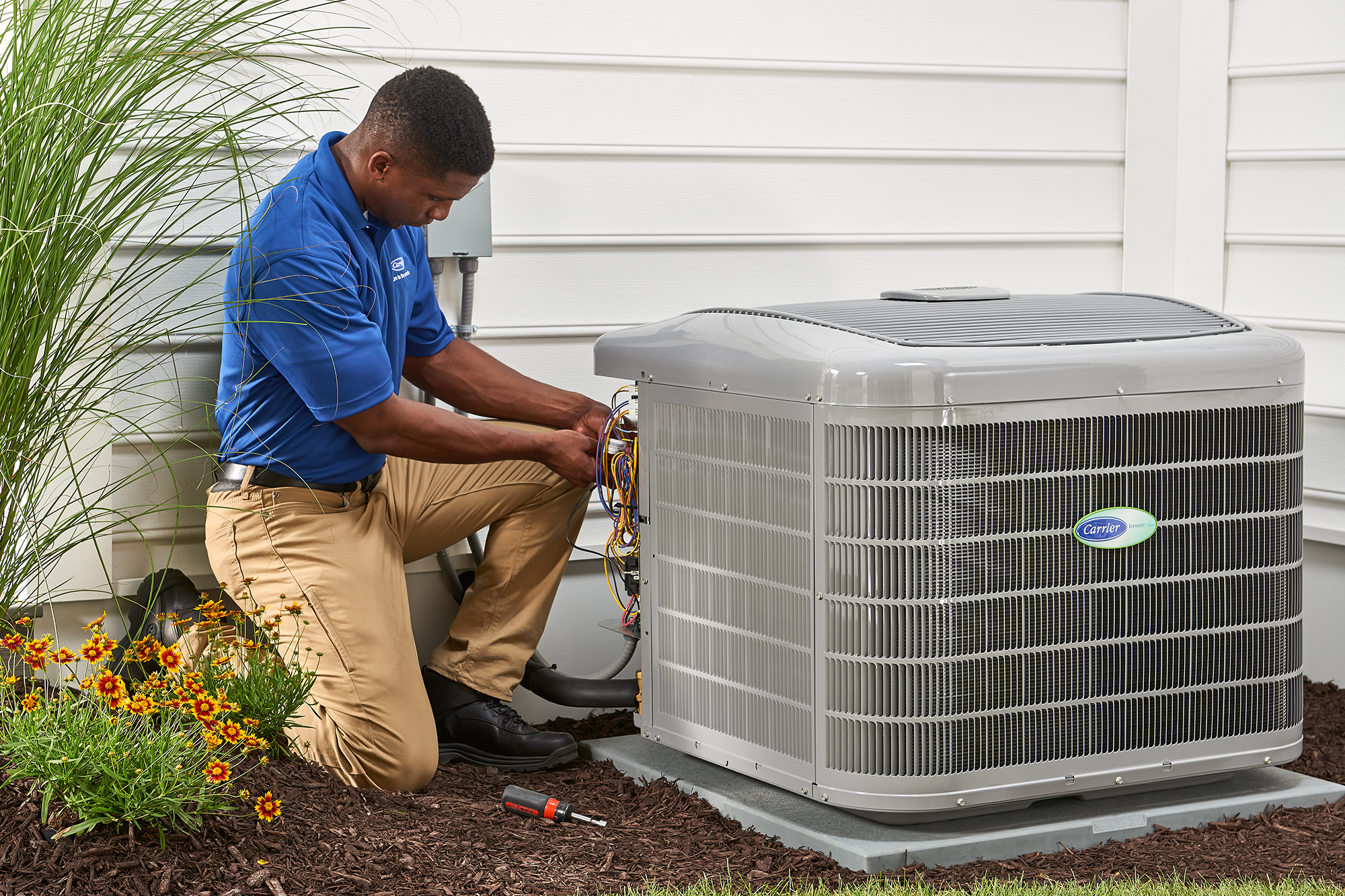

Articles
How Long Does AC Unit Last
Modified: February 28, 2024
Learn about the lifespan of AC units and how long they typically last. Read articles with expert advice and tips on maintaining your air conditioning system.
(Many of the links in this article redirect to a specific reviewed product. Your purchase of these products through affiliate links helps to generate commission for Storables.com, at no extra cost. Learn more)
Introduction
An air conditioning (AC) unit is a crucial component of any household or commercial space, providing cooling and comfort during hot summer months. However, like any mechanical equipment, AC units have a limited lifespan and will eventually need to be replaced. Understanding the factors that affect the lifespan of an AC unit, knowing the signs that indicate it may need to be replaced, and implementing proper maintenance procedures can help you extend the life of your unit and ensure its optimal performance.
In this article, we will explore the factors that influence the lifespan of an AC unit, the average lifespan of different types of AC units, signs that indicate it may be time to replace your unit, maintenance tips to extend its lifespan, common causes of AC unit failure, the benefits of regular inspections, and when to consider replacing your AC unit.
By the end of this article, you will have a comprehensive understanding of how long an AC unit can last, how to identify when it is nearing the end of its lifespan, and steps you can take to prolong its lifespan and avoid unexpected breakdowns.
Key Takeaways:
- Regular maintenance, proper installation, and timely repairs are crucial for extending the lifespan of your AC unit and avoiding unexpected breakdowns. Understanding the signs that indicate your unit may need replacement can help you make informed decisions about its longevity.
- Factors such as the quality of installation, maintenance and care, usage and load, environmental conditions, manufacturer and component quality, proper sizing, and the age of the unit all play a role in determining how long your AC unit will last. By addressing these factors and taking appropriate actions, such as professional installation, regular filter replacements, cleaning of condenser coils, checking refrigerant levels, and lubricating moving parts, you can optimize the efficiency and lifespan of your unit.
Read more: How Long Does An AC Compressor Last
Factors That Affect the Lifespan of an AC Unit
The lifespan of an AC unit can vary depending on a variety of factors. Understanding these factors can help you gauge how long your unit is likely to last and take appropriate measures to maintain its longevity. Here are some key factors that affect the lifespan of an AC unit:
- Quality of Installation: A proper installation by a certified HVAC technician is critical for an AC unit to function optimally and have a longer lifespan. Poor installation can lead to issues such as incorrect sizing, improper ductwork, and inadequate airflow, which can put unnecessary strain on the unit and reduce its lifespan.
- Maintenance and Care: Regular maintenance and care are essential for extending the lifespan of an AC unit. This includes tasks such as cleaning or replacing air filters, cleaning the condenser coils, checking refrigerant levels, and lubricating moving parts. Neglecting maintenance can lead to reduced efficiency, increased energy consumption, and premature failure.
- Usage and Load: The frequency and intensity of usage can impact the lifespan of an AC unit. Units that are constantly running or subjected to heavy loads, such as cooling larger spaces or extreme temperature conditions, may have a shorter lifespan compared to units that are used more sparingly or in moderate climate conditions.
- Environmental Factors: The climate and environmental conditions in which an AC unit operates can influence its lifespan. Units working in regions with high humidity, extreme temperatures, or airborne contaminants may experience more strain and wear, leading to a shorter lifespan.
- Manufacturer and Quality of Components: The quality of the components used in the AC unit and the reputation of the manufacturer can affect its durability and longevity. Units from reputable manufacturers that use high-quality materials and components tend to have longer lifespans compared to units with inferior build quality.
- Proper Sizing: Ensuring that the AC unit is correctly sized for the space it is cooling is vital. An undersized unit will have to work harder to cool the space, leading to increased wear and tear and reduced lifespan. On the other hand, an oversized unit may short cycle, turning on and off frequently, which can also impact its longevity.
- Age of the Unit: Like any mechanical system, AC units have a finite lifespan. Older units are more likely to experience wear and tear and have a higher risk of failure. It is important to consider the age of your AC unit when assessing its remaining lifespan.
By understanding these factors and taking appropriate actions such as professional installation, regular maintenance, and considering environmental conditions, you can help ensure that your AC unit has a longer lifespan and continues to provide efficient cooling for years to come.
Average Lifespan of Different Types of AC Units
The average lifespan of an AC unit can vary depending on the type of unit you have installed. Different types of AC units have different designs, technologies, and components, which can impact their durability and longevity. Here are the average lifespans of the most common types of AC units:
- Central Air Conditioning Systems: Central air conditioning systems are the most common type of AC units found in residential and commercial buildings. On average, a well-maintained central AC system can last between 10 to 15 years. Proper installation, regular maintenance, and timely repairs can help extend its lifespan.
- Ductless Mini-Split Systems: Ductless mini-split systems are becoming increasingly popular due to their flexibility and energy efficiency. These systems consist of an outdoor unit connected to one or more indoor units. With proper maintenance, ductless mini-split systems can last between 15 to 20 years.
- Window Air Conditioners: Window air conditioners are a common choice for cooling individual rooms or small spaces. These units are relatively affordable and easy to install. However, their average lifespan is shorter compared to other types of AC units, usually ranging between 8 to 12 years. Regular cleaning and maintenance can help prolong their lifespan.
- Portable Air Conditioners: Portable air conditioners offer mobility and convenience, allowing you to cool specific areas as needed. These units typically have a shorter lifespan compared to other types, averaging around 5 to 8 years. However, regular maintenance and proper storage during periods of non-use can help extend their lifespan.
- Geothermal Heat Pump Systems: Geothermal heat pump systems offer both heating and cooling capabilities by utilizing the stable temperature of the ground. These systems are known for their exceptional energy efficiency and long lifespans. With proper maintenance, geothermal heat pump systems can last between 20 to 30 years.
- Package AC Units: Package AC units are typically used in commercial buildings or larger residential properties. These units are self-contained, with all components housed in a single unit that is installed outside the building. The average lifespan of a package AC unit is similar to central air conditioning systems, ranging between 10 to 15 years.
It’s important to note that these are general average lifespans, and individual units may vary based on the factors mentioned earlier. Proper installation, regular maintenance, and timely repairs can significantly impact the lifespan of your AC unit, regardless of its type.
Understanding the average lifespan of different types of AC units can help you plan for future replacements and make informed decisions when choosing a new unit for your space.
Signs That Your AC Unit Might Need to be Replaced
While regular maintenance and repairs can extend the lifespan of your AC unit, there will come a time when replacement becomes necessary. It’s important to be aware of the signs that indicate your AC unit might need to be replaced to avoid sudden breakdowns and discomfort. Here are some common signs that it might be time to replace your AC unit:
- Frequent Breakdowns: If your AC unit is experiencing frequent breakdowns and requires constant repairs, it may be a sign that the unit is reaching the end of its lifespan. Constant repairs can be costly and inconvenient, and it may be more cost-effective to invest in a new AC unit.
- Reduced Cooling Efficiency: If you notice that your AC unit is struggling to cool your space efficiently or if there are noticeable temperature inconsistencies, it could be a signal that the unit is no longer working at its optimal capacity. Aging units may struggle to maintain consistent cooling, resulting in discomfort and increased energy costs.
- Increase in Energy Bills: If you’ve noticed a significant increase in your energy bills without any changes in usage, it could be a sign that your AC unit is losing efficiency. As units age, they may become less energy-efficient, resulting in higher energy consumption and increased costs. Investing in a newer, more energy-efficient unit can help lower your energy bills in the long run.
- Strange Noises and Odors: Unusual noises, such as grinding, screeching, or banging sounds, coming from your AC unit can indicate underlying mechanical issues. Likewise, foul odors emitted from the unit can suggest mold or mildew growth within the system. These signs may point to serious internal damage that could be too costly to repair, making replacement a more viable option.
- Excessive Age: AC units have a finite lifespan, even with proper maintenance. If your unit is over 10 to 15 years old, it may be reaching the end of its useful life. As units age, parts wear out, efficiency declines, and the risk of major breakdowns increases. Consider replacing your aging unit before it causes any inconvenience or discomfort.
- Outdated Technology: Advancements in AC technology have made units more energy-efficient, quieter, and capable of providing improved indoor air quality. If your AC unit lacks modern features and is running on outdated technology, you may benefit from upgrading to a newer model. Not only will you enjoy enhanced comfort, but you may also see a reduction in energy consumption.
It’s important to consult with a professional HVAC technician to evaluate your AC unit and determine whether replacement is necessary. They can assess the condition, efficiency, and potential repair costs of your current unit, helping you make an informed decision about replacement.
By being aware of these signs and taking proactive steps, you can avoid sudden AC failure and ensure that your space remains cool and comfortable throughout the hot summer months.
Maintenance Tips to Extend the Lifespan of Your AC Unit
Regular maintenance is essential for extending the lifespan of your AC unit and ensuring it operates at peak performance. By implementing these maintenance tips, you can maximize the efficiency, reliability, and durability of your AC unit:
- Replace Air Filters: Regularly clean or replace air filters every 1 to 3 months, or as recommended by the manufacturer. Clogged filters restrict airflow, reducing efficiency and putting strain on the system. Clean filters ensure better indoor air quality and help prolong the lifespan of your AC unit.
- Clean the Condenser Coils: Over time, the outdoor condenser coils can accumulate dirt, debris, and dust, affecting the unit’s efficiency. Regularly clean the coils using a soft brush or a vacuum cleaner to remove any buildup. Avoid using high-pressure water as it can damage the coils.
- Check and Adjust Refrigerant Levels: Insufficient refrigerant levels can impact your AC unit’s cooling efficiency. If you notice reduced cooling performance, have a professional HVAC technician check and adjust the refrigerant levels to ensure optimal operation.
- Clear the Surrounding Area: Ensure that the area around the outdoor unit is clear of any vegetation, debris, or obstructions. Proper airflow around the unit is essential for efficient operation. Trim any nearby plants or bushes and remove leaves or debris that may accumulate around the unit.
- Lubricate Moving Parts: Regularly lubricate the moving parts of your AC unit to reduce friction and wear. Consult the manufacturer’s guidelines or seek professional assistance to identify the appropriate lubricant and areas that require lubrication.
- Inspect and Clean the Evaporator Drain: Over time, the evaporator drain can become clogged with dirt and algae, leading to water leakage and potential damage. Inspect the drain regularly and clean it using a mixture of bleach and water to prevent blockages and potential water damage.
- Programmable Thermostat: Installing a programmable thermostat allows you to set temperature schedules that align with your daily routine. This helps reduce unnecessary strain on your AC unit and can result in energy savings. Avoid drastic temperature changes and set your thermostat to a moderate temperature to minimize stress on the system.
- Schedule Professional Maintenance: It’s essential to have your AC unit professionally inspected and serviced at least once a year. A certified HVAC technician can identify any underlying issues, clean and tune the components, and ensure that your unit is operating at its best. Regular maintenance can help catch potential problems before they turn into major breakdowns.
By following these maintenance tips, you can optimize the performance and extend the lifespan of your AC unit. Remember, if you are unsure or uncomfortable performing any maintenance tasks, always consult with a professional HVAC technician to ensure proper care for your unit.
Regular maintenance and timely repairs can help extend the lifespan of your AC unit. On average, an AC unit can last 10-15 years with proper care.
Read more: How Long Does AC CapACitor Last
Common Causes of AC Unit Failure
An AC unit can fail for various reasons, leading to discomfort, inconvenience, and potentially costly repairs. Understanding the common causes of AC unit failure can help you take preventive measures and address issues promptly. Here are some of the most common causes of AC unit failure:
- Lack of Maintenance: Insufficient or neglected maintenance is one of the primary causes of AC unit failure. Dirty air filters, clogged condenser coils, low refrigerant levels, and lack of lubrication can all lead to decreased efficiency, increased strain on the system, and eventual failure.
- Electrical Issues: Electrical problems can cause AC units to malfunction or fail completely. Loose connections, faulty wiring, and tripped breakers can disrupt the electrical supply to the unit, preventing it from operating properly. In some cases, electrical issues can even pose a safety hazard, so it’s essential to address them promptly by consulting a professional electrician.
- Refrigerant Leaks: Refrigerant leaks can lead to a significant decrease in cooling performance and AC system failure. These leaks can occur due to worn-out or damaged refrigerant lines, faulty connections, or corrosion. If you suspect a refrigerant leak, it is crucial to have it repaired by a certified HVAC technician as soon as possible to prevent further damage to the unit.
- Compressor Failure: The compressor plays a vital role in the cooling process, as it circulates the refrigerant and ensures efficient heat exchange. Compressor failure can occur due to various reasons, including electrical issues, refrigerant leaks, overheating, or general wear and tear. Since the compressor is a critical and costly component, failure often warrants a complete AC unit replacement.
- Frozen Evaporator Coils: If the evaporator coils become excessively dirty or airflow is restricted, they can freeze, leading to reduced cooling performance and potential system failure. Common causes of frozen evaporator coils include dirty air filters, refrigerant leaks, and insufficient airflow due to damaged or clogged ductwork. Regular maintenance and cleaning can prevent this issue.
- Thermostat Problems: Faulty or malfunctioning thermostats can cause improper temperature readings and inconsistent operation of the AC unit. This can lead to overheating or overcooling, increased energy usage, and system failure. If you notice inconsistent temperature control or suspect thermostat problems, it is best to consult a professional technician to diagnose and repair the issue.
- Aging Components: As an AC unit ages, the components can wear out and become less efficient, increasing the risk of failure. This can include worn-out fan belts, corroded condenser coils, malfunctioning capacitors, or faulty motors. Regular maintenance and timely replacement of aging components can help prevent unexpected breakdowns.
While some AC unit failures may be inevitable due to normal wear and tear, many issues can be prevented or mitigated with routine maintenance and prompt repairs. Regularly maintaining your AC unit, addressing issues promptly, and consulting with a professional HVAC technician can significantly reduce the risk of system failure and help ensure optimal performance and longevity.
Benefits of Regular AC Unit Inspections
Regular inspections of your AC unit play a crucial role in maintaining its efficiency, performance, and longevity. By scheduling regular inspections with a professional HVAC technician, you can experience a wide range of benefits for both your comfort and your wallet. Here are some key benefits of regular AC unit inspections:
- Improved Energy Efficiency: Over time, AC units can accumulate dirt, dust, and debris, which can hinder their efficiency. During an inspection, the technician will thoroughly clean and tune the unit, ensuring optimal airflow and removing any obstructions. This enhances the unit’s energy efficiency, leading to lower energy consumption and reduced utility bills.
- Extended Lifespan: Routine inspections help identify minor issues before they escalate into major problems that can cause complete system failure. By addressing these issues promptly, you can prevent unnecessary wear and tear on the unit, ensuring that it operates smoothly and extending its overall lifespan. This saves you from the cost and inconvenience of premature AC replacement.
- Enhanced Performance: A well-maintained AC unit performs at its best, providing consistent and efficient cooling. During inspections, the technician will check and calibrate various components, such as thermostats, motor capacitors, and fan belts, to ensure they are functioning optimally. This helps maintain consistent temperature control and reliable performance, delivering a comfortable indoor environment.
- Better Indoor Air Quality: AC units have air filters that trap dust, pollen, pet dander, and other airborne particles, improving the indoor air quality. During inspections, the technician will clean or replace these filters, ensuring they effectively filter out pollutants. This is particularly beneficial for individuals with allergies, asthma, or respiratory conditions, as it helps create a healthier and cleaner living environment.
- Prevention of Costly Repairs: By detecting and resolving minor issues early on, regular inspections can help prevent larger, more costly repairs down the line. Timely repairs and maintenance save you money by avoiding major breakdowns and the need for emergency repairs. Routine inspections also provide an opportunity for the technician to identify potential problems and offer proactive solutions, keeping your AC unit running smoothly.
- Peace of Mind: Knowing that your AC unit has been thoroughly inspected by a professional brings peace of mind. Regular inspections provide reassurance that your unit is in good condition and operating as it should. Additionally, during an inspection, the technician can address any concerns or questions you may have, providing you with valuable information and advice on how to optimize your AC system.
Overall, regular AC unit inspections are an investment in the performance, efficiency, and durability of your system. They help keep your unit running smoothly, reduce energy costs, improve indoor air quality, prevent costly repairs, and extend its overall lifespan. Schedule routine inspections with a trusted HVAC technician to ensure your AC unit remains in top-notch condition, keeping you cool and comfortable throughout the year.
When to Consider Replacing Your AC Unit
While regular maintenance and repairs can extend the lifespan of your AC unit, there comes a point when replacement becomes necessary. Knowing when to consider replacing your AC unit can help you avoid sudden breakdowns, improve energy efficiency, and enjoy enhanced comfort. Here are some key factors to consider:
- Age of the Unit: AC units typically have a lifespan of 10 to 15 years. If your unit is nearing or surpassing this age range, it may be time to consider replacement. Older units often experience a decline in efficiency and are more prone to breakdowns. Upgrading to a newer model can provide improved performance and energy efficiency.
- Frequent and Costly Repairs: If you find yourself constantly calling for AC repairs and the costs add up significantly, it may be more economical to invest in a new unit. Continual repairs indicate that your unit is reaching the end of its lifespan, and the money spent on repairs could be better utilized toward a more reliable and efficient AC system.
- Poor Energy Efficiency: Older AC units tend to be less energy efficient, resulting in higher energy bills. If you notice a significant increase in your cooling costs despite regular maintenance, it may be a sign that your unit is no longer performing efficiently. Upgrading to a newer, more energy-efficient model can help lower your energy consumption and reduce your utility expenses.
- Lack of Comfort: If your AC unit is struggling to provide adequate cooling or there are uneven temperature variations throughout your space, it may be a sign that your unit is no longer able to meet your comfort needs. Inefficient cooling can result from various issues, such as worn-out components, refrigerant leaks, or improper sizing. Replacing your unit can help ensure optimal comfort and temperature control.
- Changes in Home or Building Structure: If you have made significant changes to your home or building, such as adding rooms or remodeling, your current AC unit may no longer be capable of adequately cooling the expanded space. In such cases, it may be necessary to upgrade to a larger capacity unit or consider a zoning system to provide efficient and even cooling throughout the entire property.
- Advancements in Technology: AC technology continues to evolve, with newer models offering enhanced features, improved energy efficiency, and more advanced controls. If your current unit lacks modern features or is running on outdated technology, upgrading to a newer model can provide you with improved comfort, convenience, and energy savings.
- Frequent Breakdowns: If your AC unit is constantly breaking down, requiring expensive repairs, and leaving you without cooling for extended periods, it may be time to replace it. Frequent breakdowns not only cause inconvenience but can also indicate that your unit is reaching the end of its lifespan and is no longer reliable.
Consulting with a professional HVAC technician can help you assess the condition of your AC unit and determine whether replacement is the best course of action. They can evaluate factors such as the age, efficiency, and repair history of your unit and provide recommendations based on your specific needs and budget.
By considering these factors and taking proactive steps, you can avoid sudden AC failure, improve energy efficiency, enjoy better comfort, and make an informed decision about replacing your AC unit.
Conclusion
Your AC unit is a valuable asset that provides comfort and relief during hot summer months. To ensure its optimal performance and longevity, it is crucial to understand the factors that affect its lifespan and implement the necessary maintenance and care. Regular inspections, proper maintenance, and timely repairs are key to extending the lifespan of your AC unit and avoiding unexpected breakdowns.
Factors such as the quality of installation, maintenance and care, usage and load, environmental conditions, manufacturer and component quality, proper sizing, and the age of the unit all play a role in determining how long your AC unit will last. By addressing these factors and taking appropriate actions, such as professional installation, regular filter replacements, cleaning of condenser coils, checking refrigerant levels, and lubricating moving parts, you can optimize the efficiency and lifespan of your unit.
Knowing the signs that your AC unit might need to be replaced, such as frequent breakdowns, reduced cooling efficiency, increased energy bills, strange noises or odors, excessive age, or outdated technology, can help you make informed decisions about replacement. Regular AC unit inspections, scheduled at least once a year, have numerous benefits, including improved energy efficiency, extended lifespan, enhanced performance, better indoor air quality, prevention of costly repairs, and peace of mind.
If the time comes to replace your AC unit, consider factors such as the age of the unit, frequent and costly repairs, poor energy efficiency, lack of comfort, changes in home or building structure, advancements in technology, and frequent breakdowns. Upgrading to a newer model with improved energy efficiency and advanced features can save you money in the long run while providing better comfort and control.
In conclusion, taking care of your AC unit through regular maintenance, inspections, and prompt repairs can significantly increase its lifespan and ensure optimal performance. By staying proactive and informed, you can enjoy a cool and comfortable living environment while maximizing the longevity of your AC unit.
Frequently Asked Questions about How Long Does AC Unit Last
Was this page helpful?
At Storables.com, we guarantee accurate and reliable information. Our content, validated by Expert Board Contributors, is crafted following stringent Editorial Policies. We're committed to providing you with well-researched, expert-backed insights for all your informational needs.
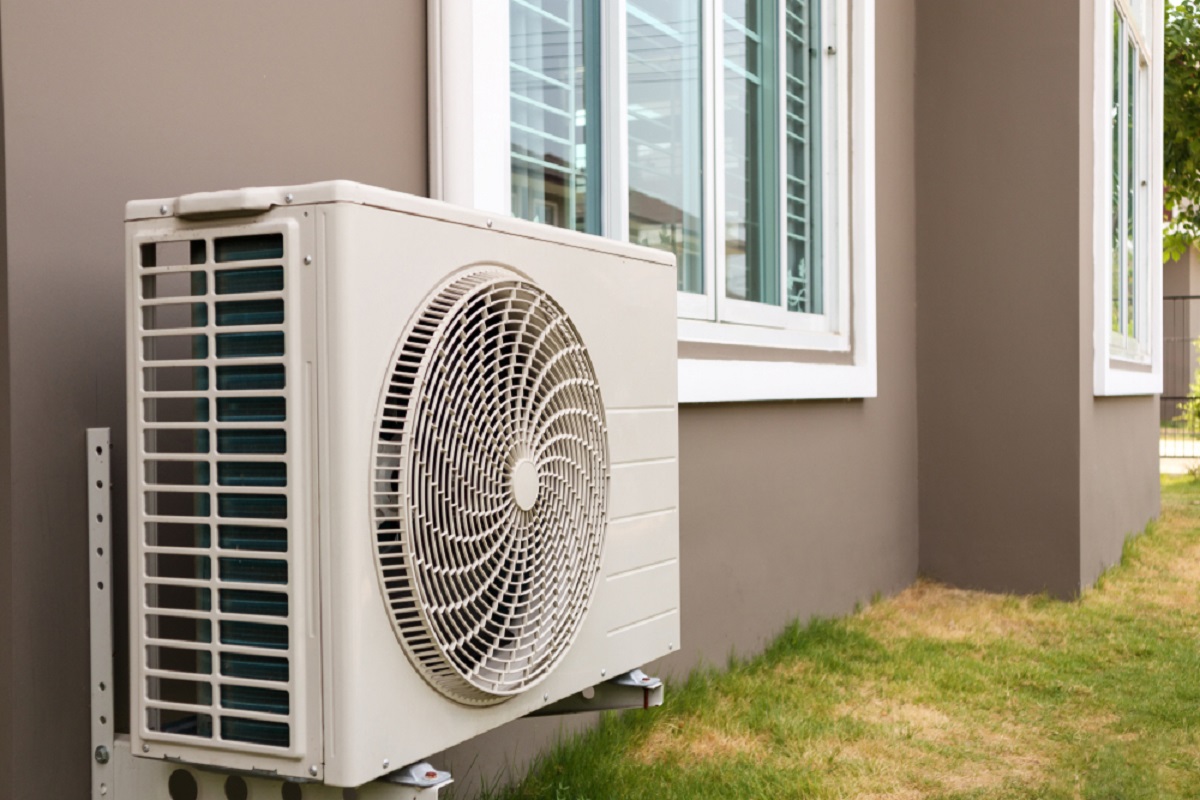
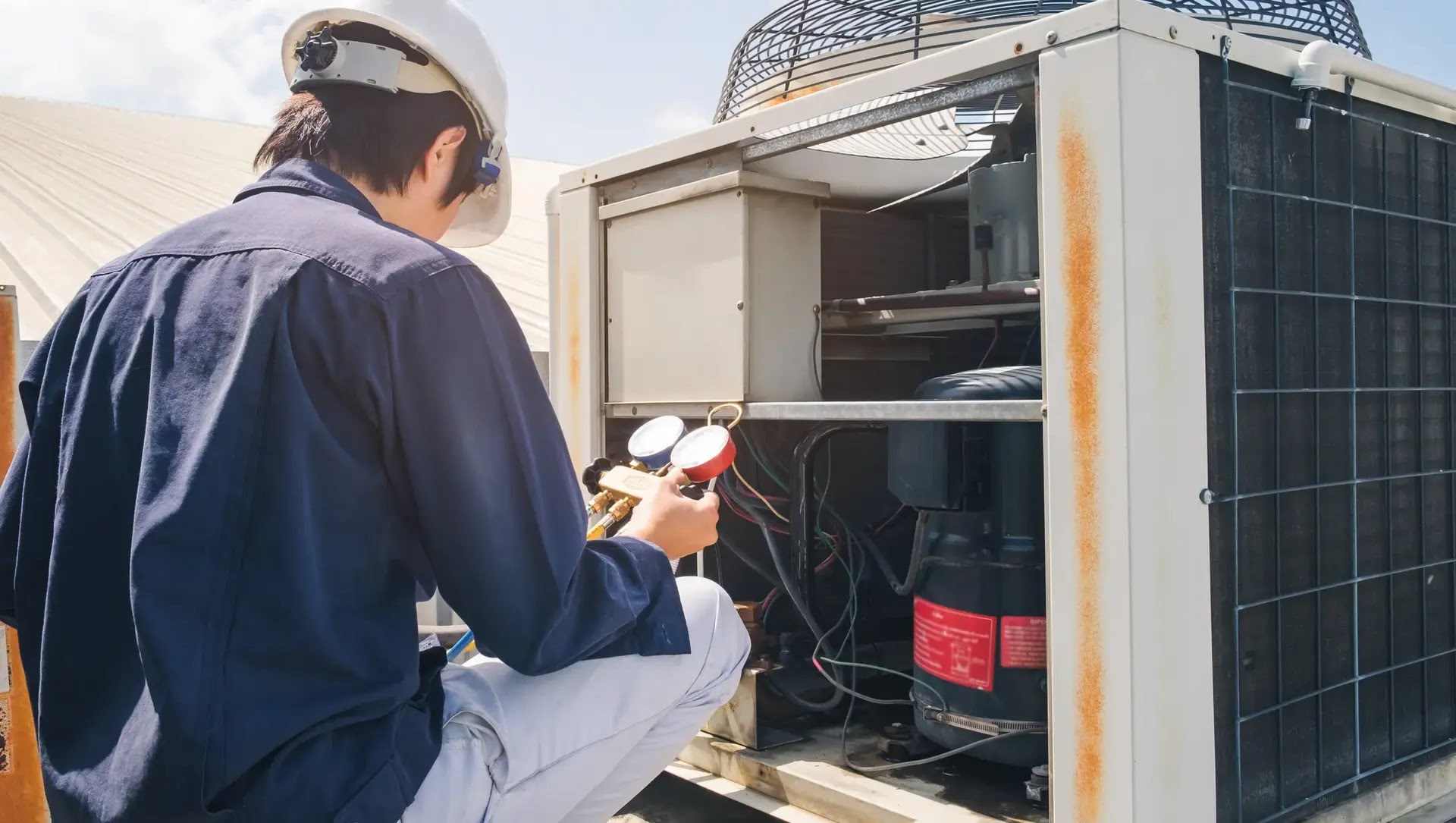

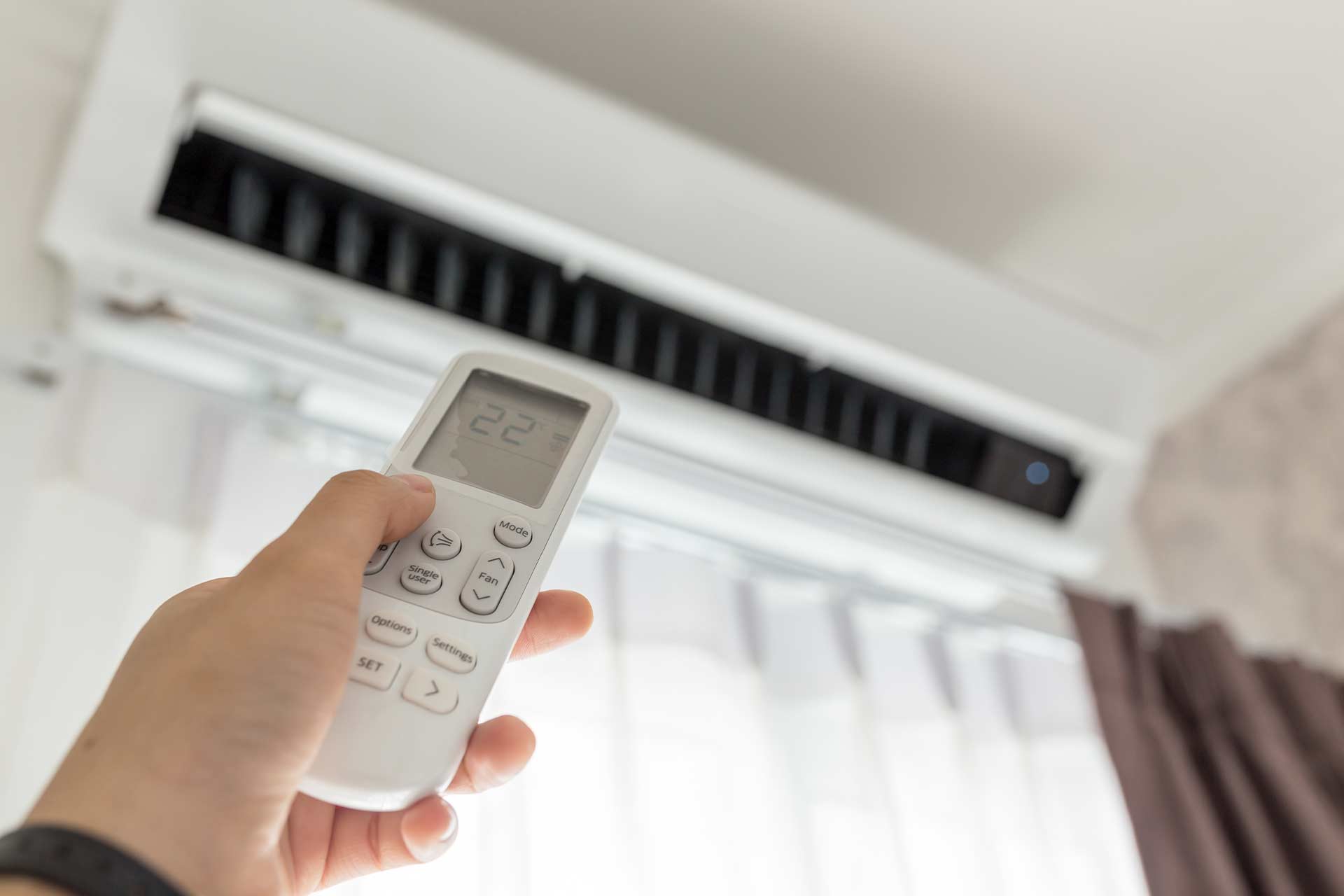
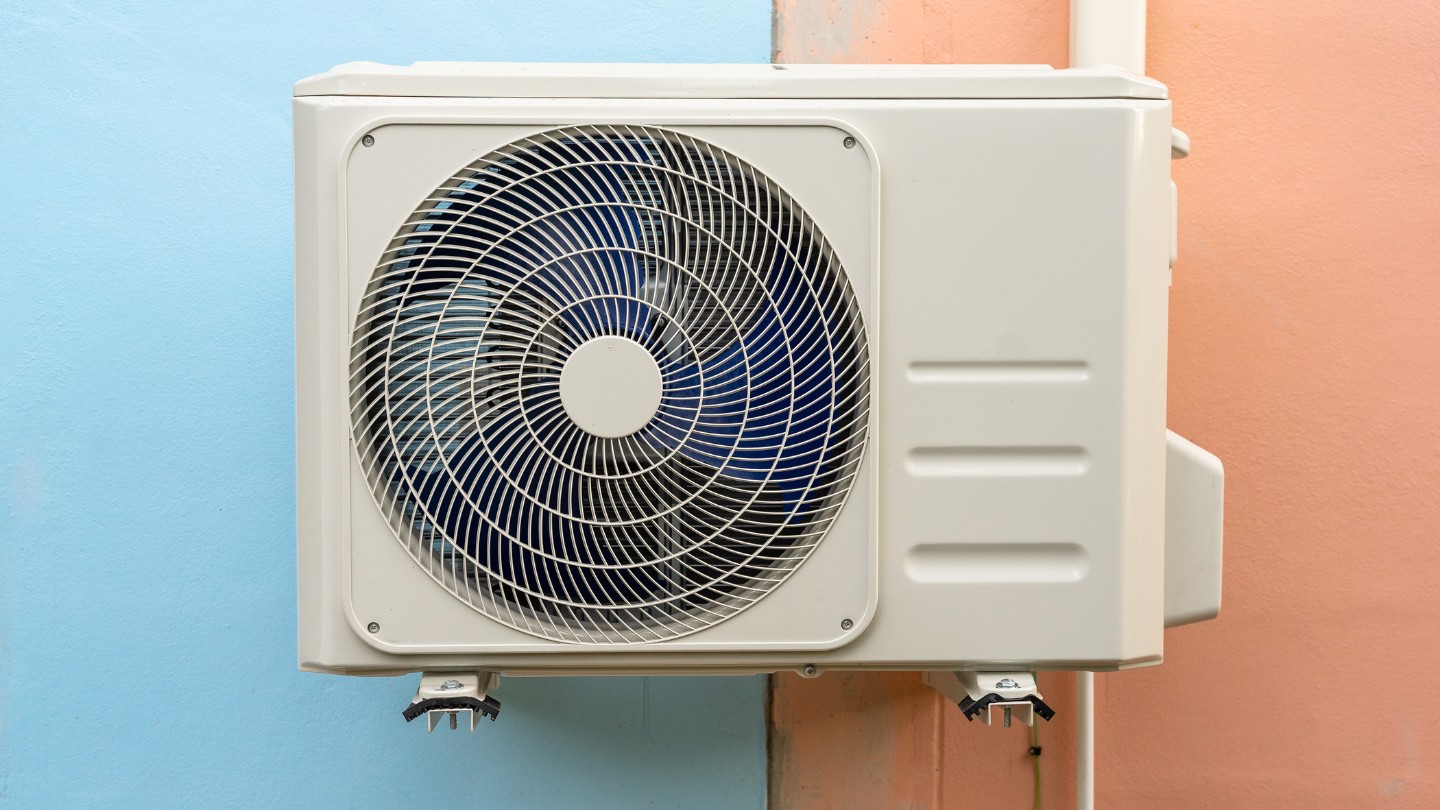
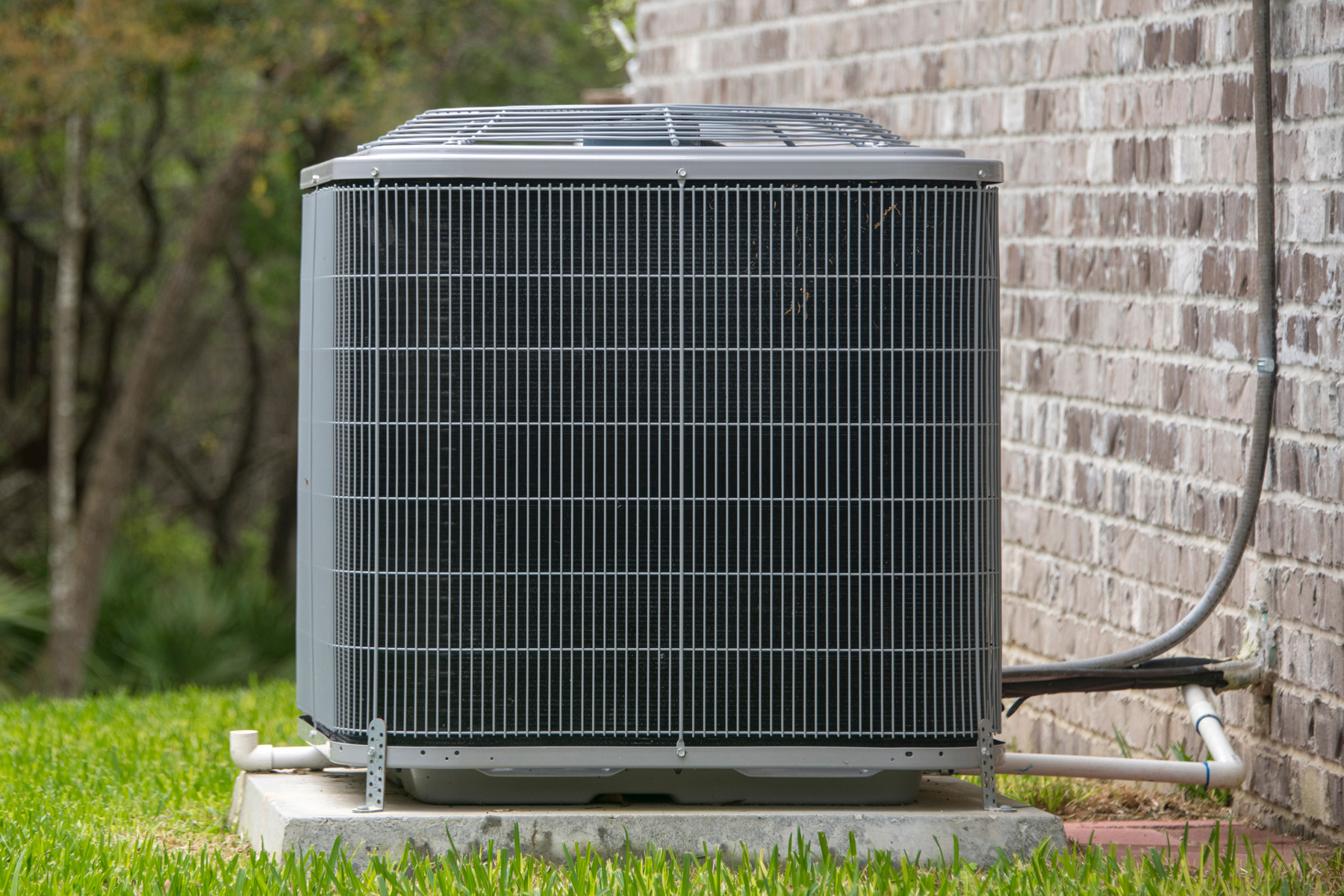
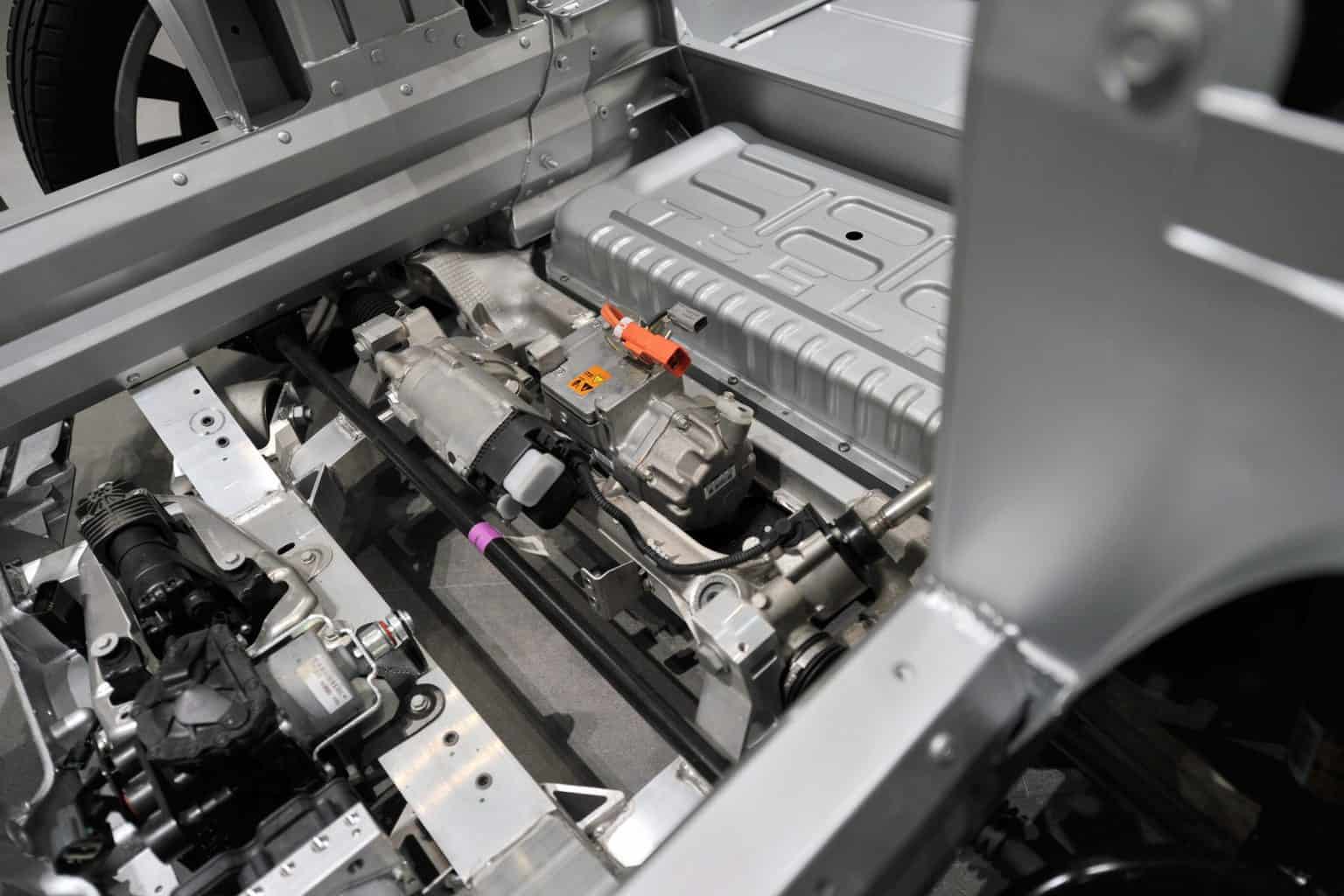
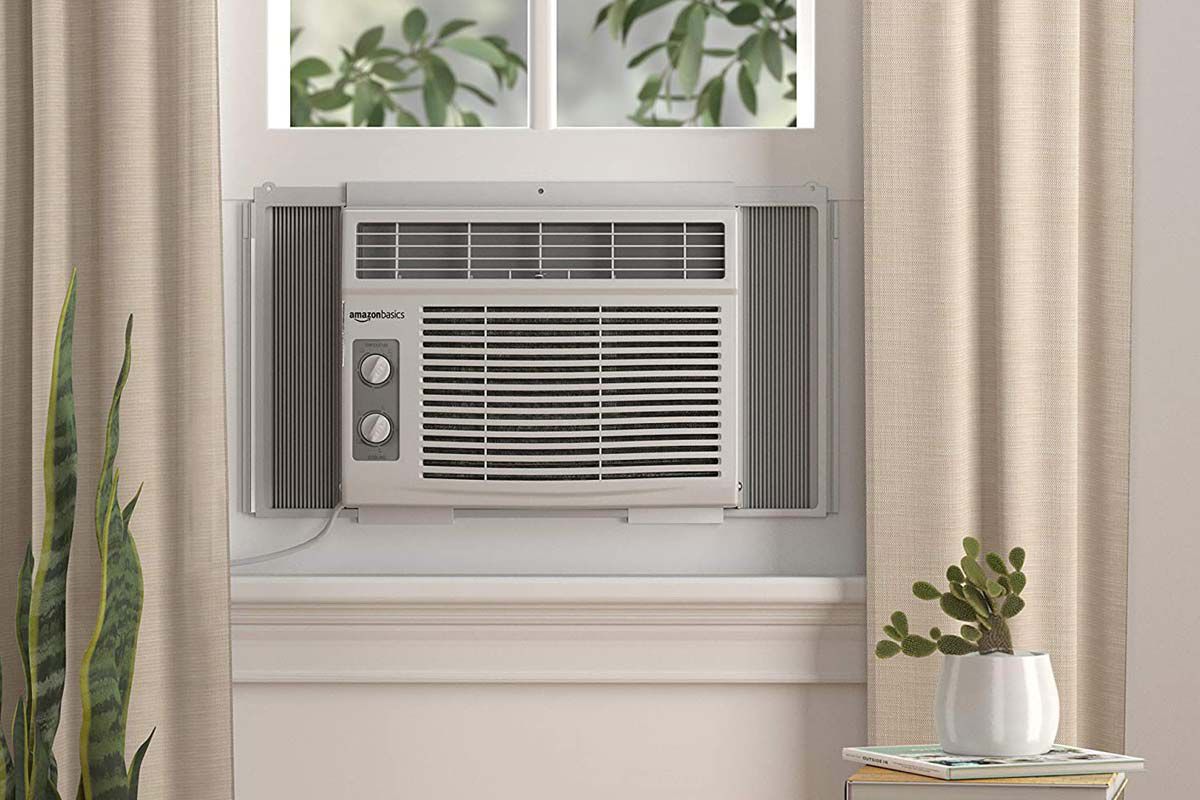
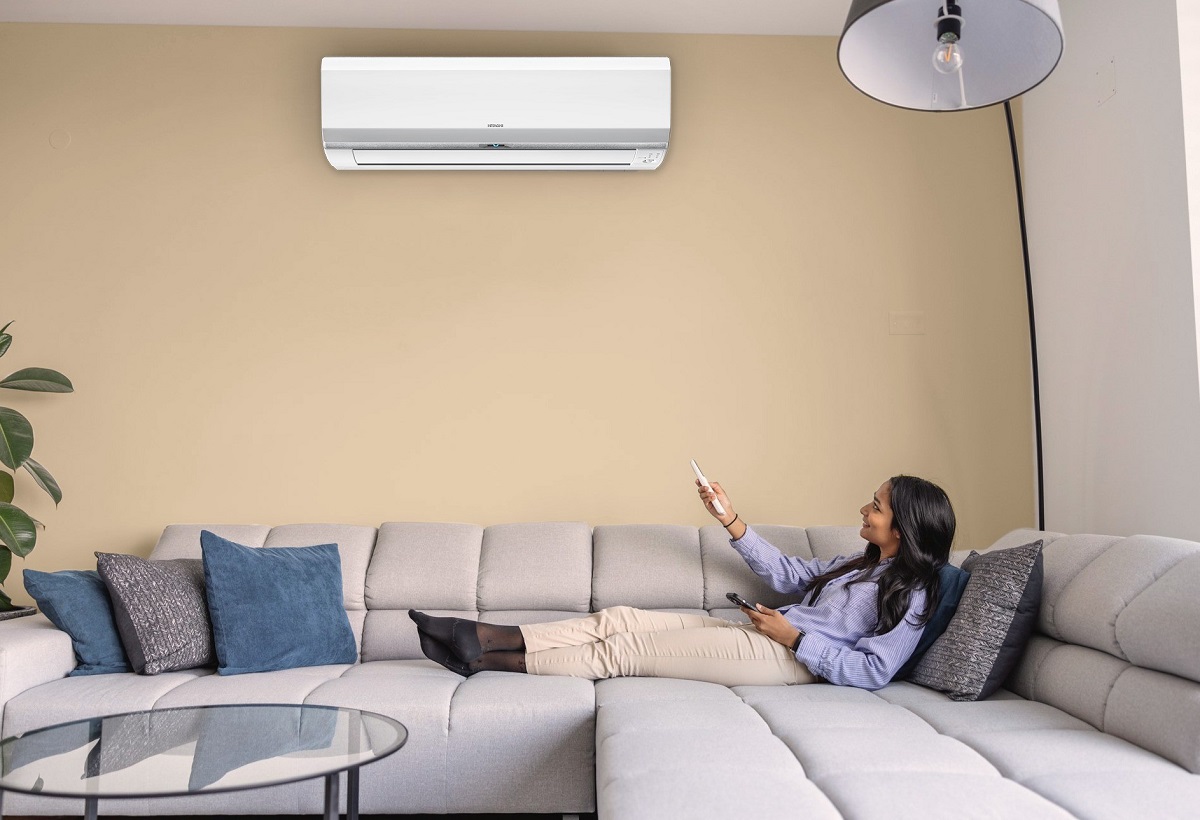
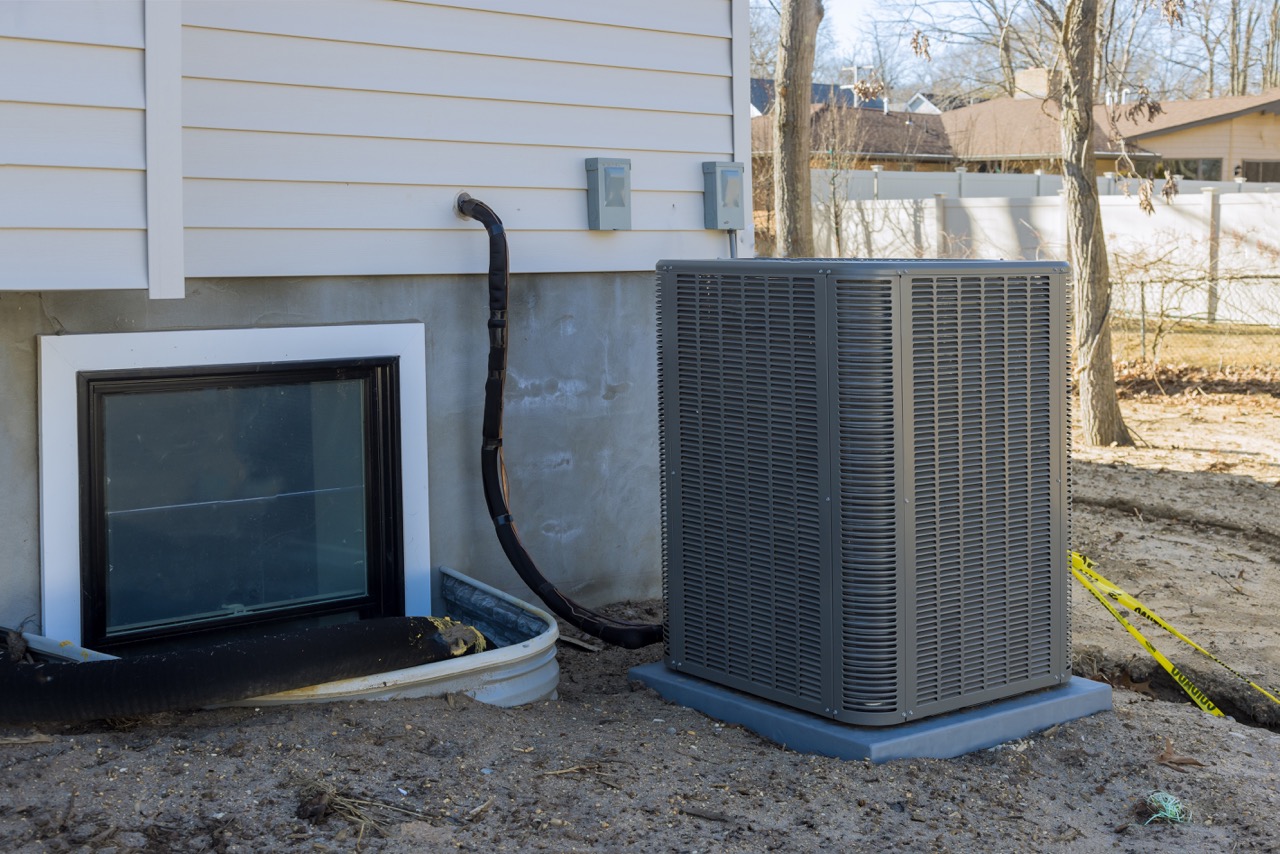
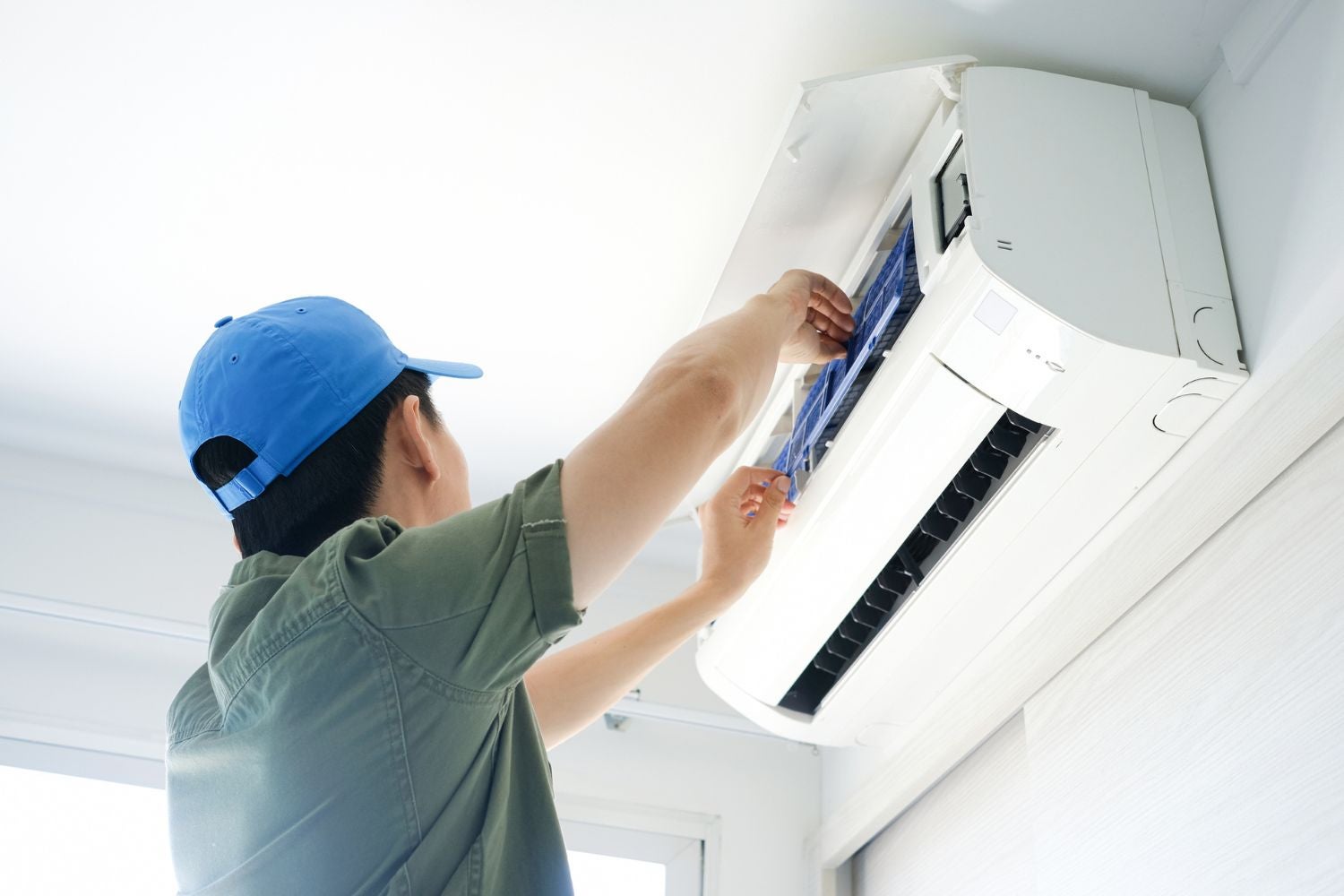
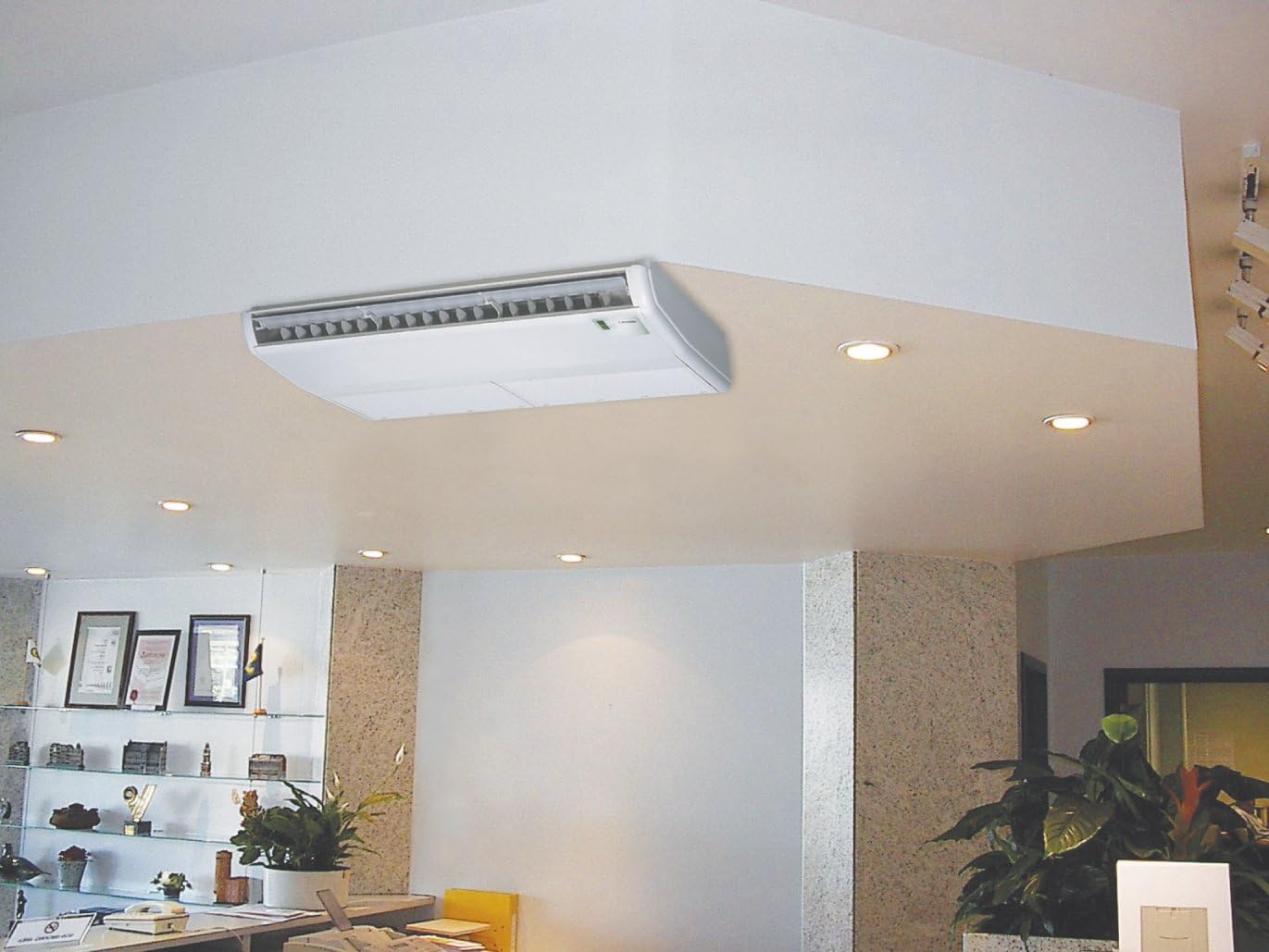
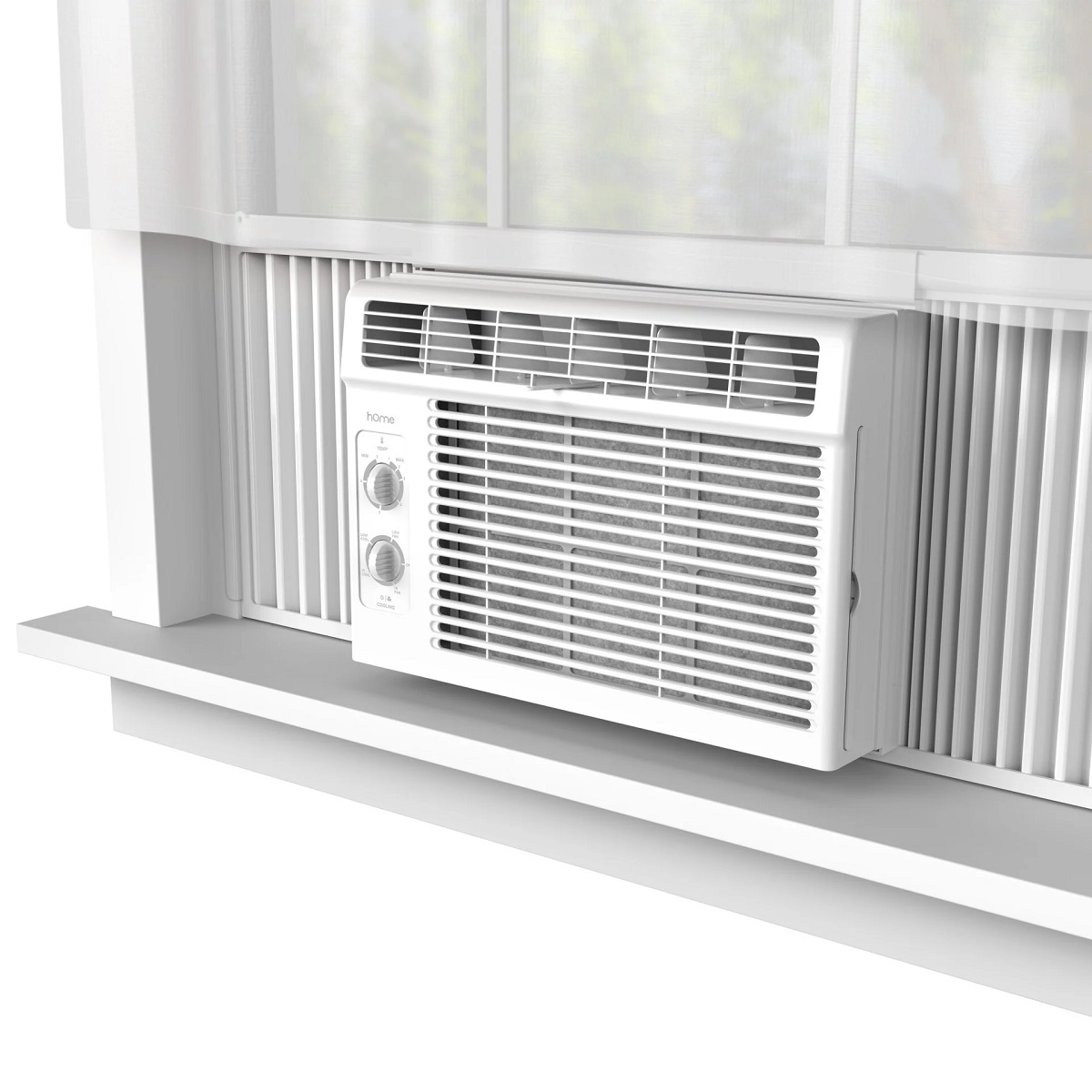
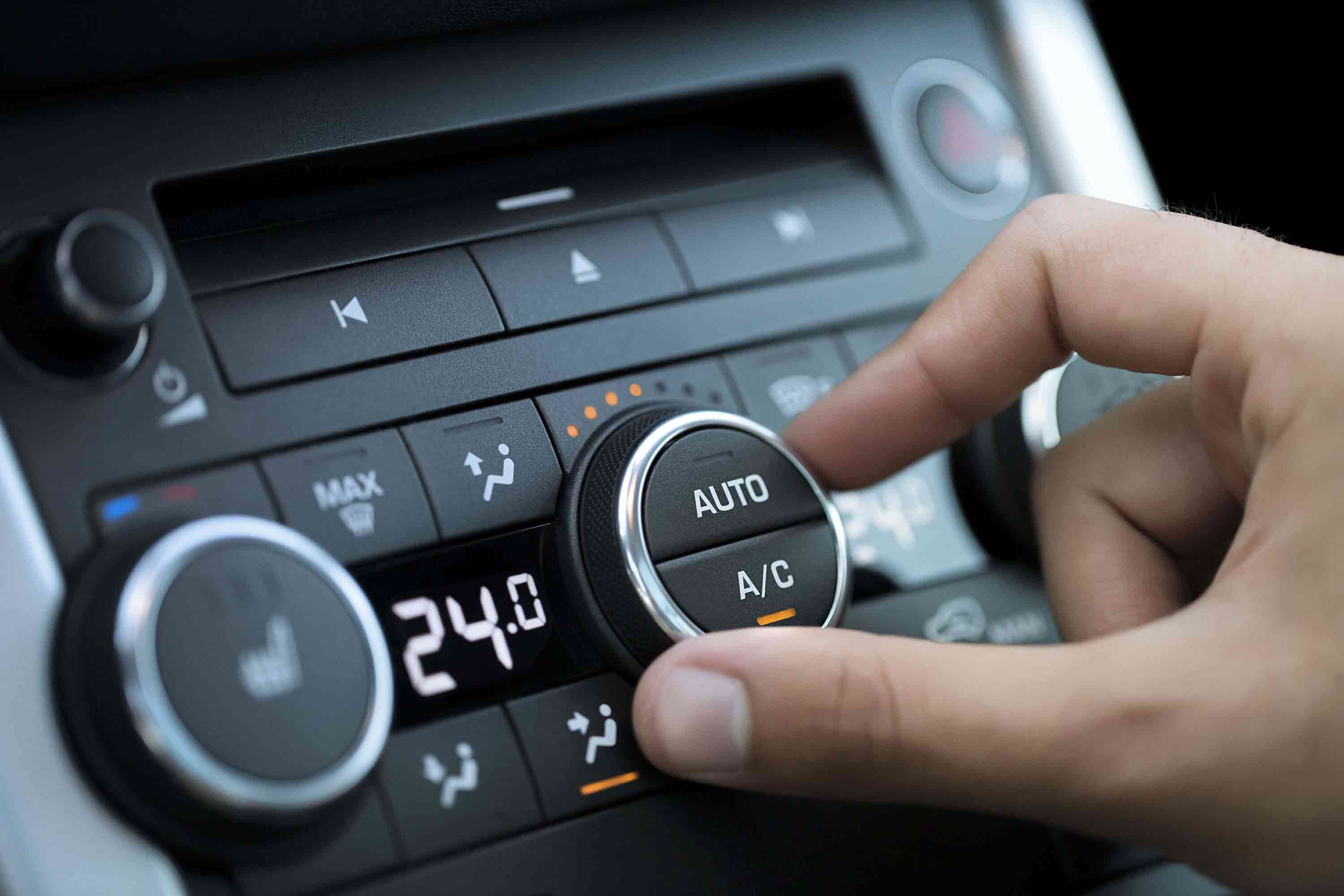

0 thoughts on “How Long Does AC Unit Last”